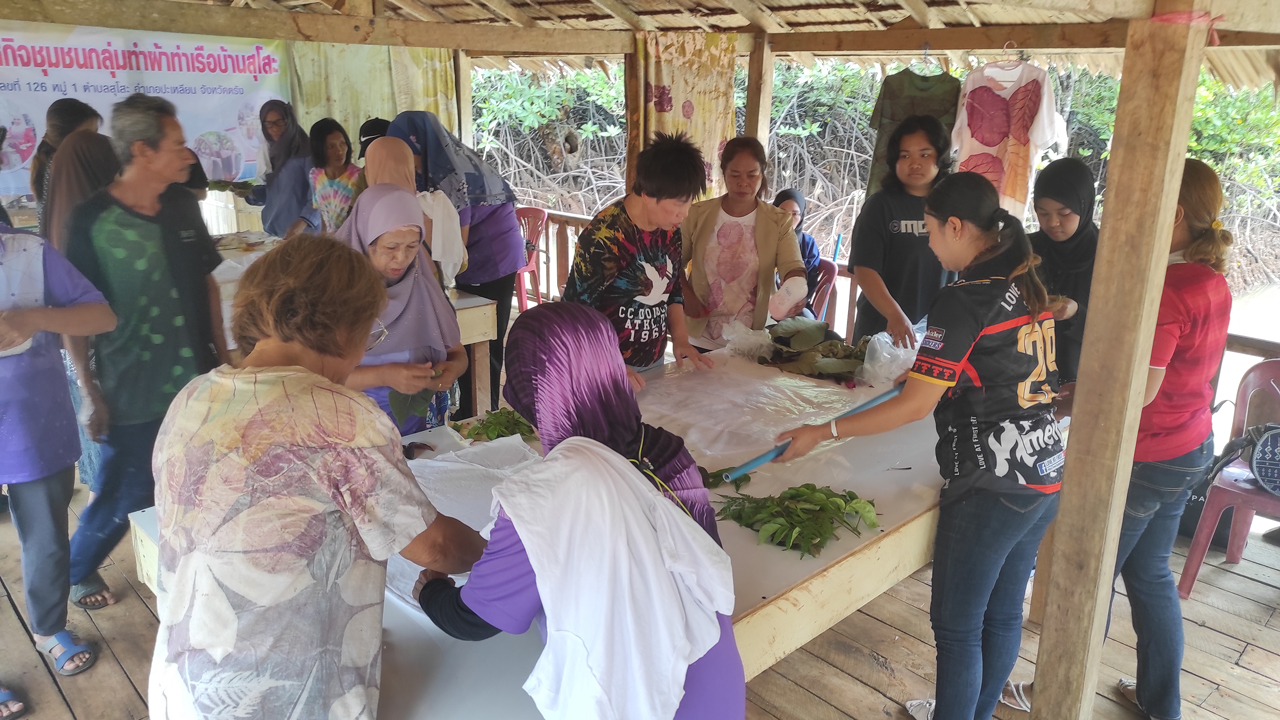The guardians of the forests
Community forests represent a model of sustainable natural resource management, where local communities play a central role in both the conservation and use of forest resources. This approach promotes environmental protection while strengthening land rights for rural populations. In Thailand's coastal areas, this model helps protect invaluable ecosystems: mangrove forests, which are vital for coastal protection and biodiversity conservation.
We are working in the coastal provinces of Krabi and Trang to strengthen local community participation in forest management. The goal is to improve the economic and social security of populations dependent on coastal resources, particularly the most vulnerable groups.

Technical support and specialized training are the tools we use to empower communities in forest management. This process fosters social inclusion and helps protect fragile coastal natural resources.
How do we achieve this? The first step is a comprehensive mapping of stakeholders in the two provinces: civil society organizations, community groups, and private companies involved in natural resource management in various ways. Once the key players are identified, we conduct studies on best practices in community forest management. The aim is to identify the most successful cases and replicate them in the areas where we operate.
We are assisting six selected communities in the process of obtaining certification for community forests, encouraging the exchange of experiences with well-established community forest groups.
At the same time, we support the development of small income-generating activities led by women, such as botanical printing and sustainable beekeeping. Forest products thus become a means of social empowerment for vulnerable women’s groups.
The project is funded by Landesa and coordinated by Istituto Oikos.